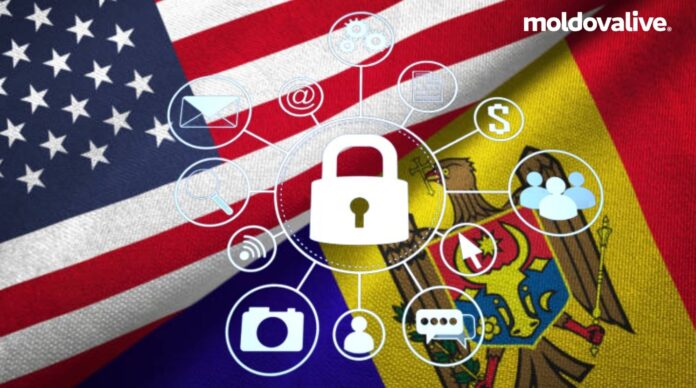The U.S. Department of State published the Trafficking in Persons Report 2024, which evaluates countries’ efforts to combat human trafficking. Moldova ranked second out of three in the report.
The report is a diplomatic tool to monitor compliance with minimum standards in the fight against human trafficking. The classification into levels 1, 2, and 3 reflects the fulfillment of minimum requirements in three main areas: prevention of trafficking in human beings, protection of victims, and criminalization of perpetrators.
“The Government of the Republic of Moldova does not fully meet the minimum standards for the elimination of trafficking but is making significant efforts to do so. The government demonstrated overall increasing efforts compared with the previous reporting period; therefore Moldova remained on Tier 2.
These efforts included convicting significantly more traffickers and identifying more victims. In addition, the government adopted a new four-year program for combating and preventing human trafficking with a particular focus on vulnerable populations and specific objectives that included training, awareness activities, and amending anti-trafficking legislation.
The Ministry of Labor and Social Protection (MoLSP) hired and trained 20 new inspectors to conduct workplace inspections for labor trafficking. Furthermore, the government launched a regional integrated service for female victims of sexual violence, including trafficking, offering specialized assistance services, such as medical examinations, legal assistance, and psychological counseling.
However, the government did not meet the minimum standards in some key areas. Authorities investigated fewer trafficking cases and prosecuted significantly fewer traffickers. Staffing shortages among police and prosecutors undermined efforts to proactively investigate and prosecute traffickers.
Corruption in law enforcement and the judiciary persisted, impeding prosecutions and influencing the outcomes of cases, including those against complicit officials. Like previous years, a limited number of identified victims (22 percent) received state-funded assistance.
Finally, while government shelters routinely provided health services to trafficking victims regardless of nationality, foreign trafficking victims were not subject to compulsory health insurance, potentially leaving them without medical assistance and services beyond emergency care,” United States Department of State said.


